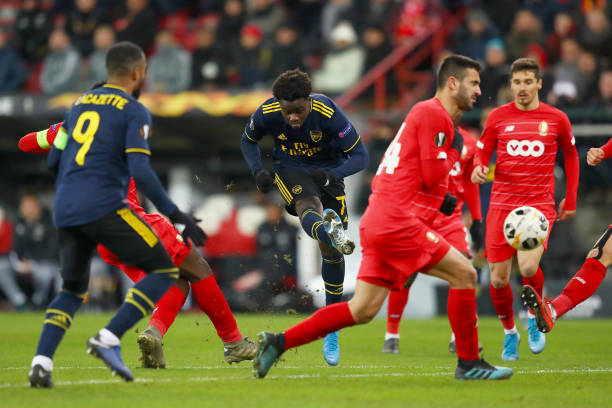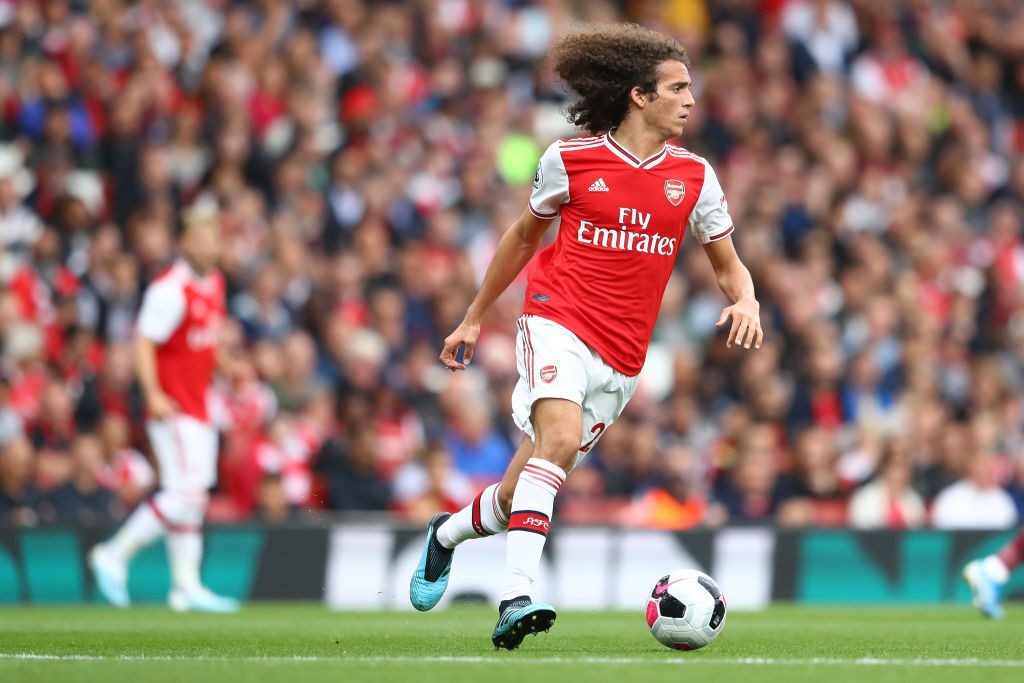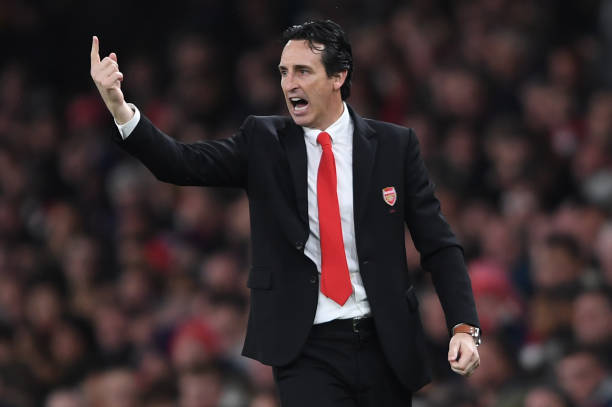A table on the ‘minutes played by academy graduates last season’ at Arsenal reveals Unai Emery wasn’t as good at integrating youth as some make out.

The Daily Telegraph on Saturday put together a ranking of all the Premier League clubs from 2018/19 by how many minutes they gave to academy graduates, which you can check out below. Arsenal finished 10th.

There are certainly some mitigating circumstances. For example, Hector Bellerin is an academy graduate, but his ACL injury kept him out of the team for half the season. Yet it’s hard to ignore how far behind Arsenal are compared to the top teams.
Addressing a misconception
In my experience, a common reflection on Unai Emery’s time at Arsenal is:
“Yes, the team underperformed, but Emery was dealing with a squad in transition and he helped to give a lot of young players chances in the senior side. We should at least give him some credit for that.”
Personally, I find this a very short-sighted way to look at Emery’s tenure. It’s certainly true that the likes of Joe Willock and Bukayo Saka got chances to impress in the early stages of this season, but that was much too late.
When it mattered last season, Emery opted for experience over and over again.
Saka and Xavier Amaechi were performing excellently for the u23s, senior wingers like Henrikh Mkhitaryan and Alex Iwobi were in terrible form. Nonetheless, the academy duo played a combined 11 minutes for the first team in all competitions in the second half of 2018/19.
Eddie Nketiah earned a nomination for PL2 Player of the Season with his u23 performances. That form got him one start in 2019, against Blackpool in the FA Cup. He featured in the senior Premier League squad 19 times across the course of the season, but he played just 62 minutes.
Willock came on leaps and bounds with the academy in 2018/19, and he scored three goals in his first three starts for the first team under Emery between late November and early January.
The midfielder didn’t get another start until the final Premier League game of the season.
How did Emery end up with a reputation for giving youth a chance?
There are two reasons. Firstly, Matteo Guendouzi. The midfielder was Emery’s flagship project in his first and only full season at Arsenal. The teenager made 48 appearances, playing over 3,000 minutes.
Guendouzi was the one young player the coach really did put his trust in. He just happened to be a summer signing, not an academy product.
Note that even if we did include Guendouzi’s 2,141 Premier League minutes, it only brings Arsenal’s total up to 9,745 – eighth place. Still behind every other big-six club, even bending the rules to accommodate an ineligible player.

The second reason is that once Emery had no other choice, he did give youth players chances.
When Henrikh Mkhitaryan and Alex Iwobi’s form put them on the summer market and Nicolas Pepe’s AFCON participation left him joining the club late, youth wingers like Reiss Nelson and Bukayo Saka finally got into the team.
After Alexandre Lacazette’s injury and Eddie Nketiah’s loan left Arsenal with only Pierre-Emerick Aubameyang to play every game up front, Emery finally called up Tyreece John-Jules to start an EFL Cup game against Nottingham Forest.
Unfortunately, John-Jules picked up an injury the day before the fixture anyway.
When Lucas Torreira and Dani Ceballos returned late from Copa America and the u21 Euros, Mohamed Elneny left, Mesut Özil got mugged and Emery failed to convince the club to sign another senior midfielder, Joe Willock got a chance.
But only then. They didn’t get any real opportunities until the matter was out of Emery’s hands.
Even when they did get chances, the way Emery publicly talked about it suggested he believed he was doing them a favour to his own detriment.
I don’t believe Emery had an easy job. I agree he was dealing with a difficult and unsettled squad in transition. He does deserve credit for the early days of his time at Arsenal. I just don’t agree that he did nearly enough with the academy players.

